ESG stands for Environment, Social and Governance, or rather environment, society and good governance. From 2023, Europe will require all large companies to disclose the environmental impact of their activities through an annual sustainability report. In this way, the value chain should become more sustainable. It is expected that these large companies will in turn request information on sustainability from their suppliers. And these are often SMEs.
Since ESG reports must be included in the annual reports, compliance or non-compliance with ESG standards can have an impact on the financing of projects.
Therefore, it is extremely important that SMEs are also prepared to provide appropriate ESG reports. And that's where Beci wants to help. Hence these ESG pages with all sorts of useful and transparent information.
10 questions to help you understand ESG

1. What exactly does ESG mean?
For those who still don't know, ESG refers to the Environmental, Social and Governance criteria used to measure the contribution to sustainable development made by a company's strategy and operations. Typically, the environmental criterion measures the direct or indirect impact of a company's activity on the environment through its greenhouse gas emissions, energy consumption and environmental risk prevention. The social criterion concerns the impact of the company's activities on its stakeholders (employees, customers, suppliers, trade unions and local communities) in terms of diversity, health, safety, the quality of social dialogue and the prevention of forced labour. The governance criterion relates to the way in which the company is managed, administered and controlled. This covers the role of shareholders in particular, the independence of boards of directors and management - and the number of women among them - as well as the fight against corruption and money laundering.

2. Why is it talked about so much?
In 2015, 193 countries of the UN adopted the 2030 Agenda for Sustainable Development, which sets out 17 Sustainable Development Goals (SDGs) to be achieved by 2030 to eradicate poverty, protect the planet and ensure prosperity for all. The same year saw the signing of the Paris Agreements, the international treaty on global warming. Translated into European and national measures and legislation, these political impulses have gradually been transformed into objectives, which have taken on a growing importance in both political and business agendas. Faced with the climate emergency and the financial, social and health crises, more and more companies are openly assuming their social dimension, and entrepreneurs their role as citizens. ESG is a reflection of this.
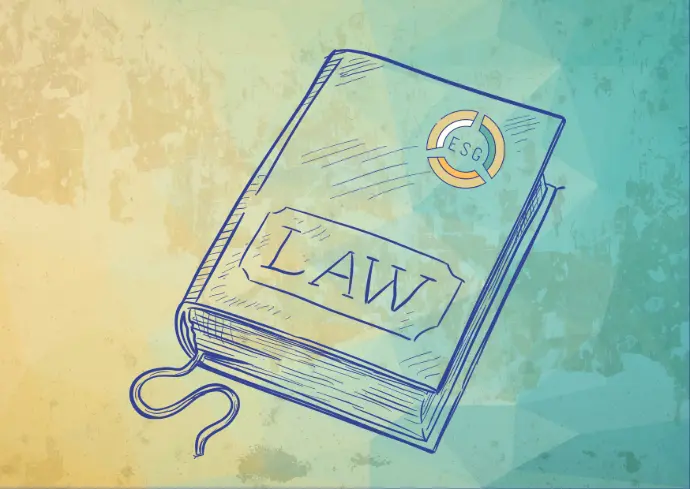
3. Is an ESG policy mandatory for all SMEs?
Not today. In November 2022, the European Parliament approved a new directive: the Corporate Sustainability Reporting Directive (CSRD), which came into force from January 2023. European member states are expected to transpose these standards into their national legislation. The directive will first apply to listed companies, which are already currently covered by the Non-Financial Reporting Directive (NFRD), and to companies meeting at least 2 of the following 3 criteria: a balance sheet total of €20 million - a net turnover of €40 million - 250 employees or more. Listed companies will have to submit their first ESG report in line with the CSRD on 1 January 2025 for the 2024 financial year. Large companies meeting 2 of the 3 criteria will have to submit their first report on 1 January 2026 for the 2025 financial year. Small and medium-sized listed companies will have to start reporting in 2027 under a separate and proportionate reporting standard for the 2026 financial year. To help the vast majority of SMEs to which the CSRD will not apply but which nevertheless wish to make a commitment, the Commission will also propose standards to be met. These are currently being drawn up.

4. I'm not subject to the obligation, so why should I be concerned?
In recent years, many companies - particularly the larger ones - have incorporated ESG factors into their strategy and their reporting in line with the expectations of their investors and various stakeholders (customers, employees, etc.), as well as the legal framework. Today, companies are increasingly required to measure their direct and indirect impact on the environment beyond the scope of their own activities, taking into account the entire life cycle of their products and components. They are therefore looking to their customers and suppliers of all sizes to measure and communicate their impact. In the medium term, if you want to become part of a production chain worthy of the name, or keep large companies among your customers, an ESG approach will be essential.
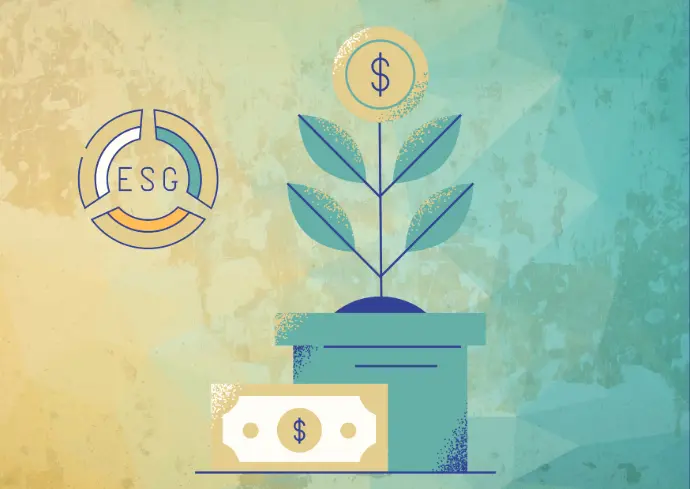
5. Why is an investment in ESG necessary, or even useful?
Beyond the legal framework and these commercial arguments, there are other very good reasons why any far-sighted entrepreneur should invest in ESG. In fact, ESG contributes to value creation by boosting a company's performance, commercial attractiveness and resilience. For Deep Parekh, founder of MakeOurFuture, effectively adopting ESG means moving from a ‘compliance’ mindset to a ‘growth opportunity’ mindset. Fully embracing the ESG philosophy and reporting will enable you to demonstrate to your customers and suppliers the seriousness of your commitments and strengthen links with businesses that share your values. It will also enable you to differentiate yourself from your competitors, for example by demonstrating better environmental performance. Taken a step further, ESG thinking will force you to rethink products and processes - and therefore to innovate. At a time when it is becoming increasingly difficult to recruit talent, a committed ESG policy is also a powerful argument for attracting younger generations of candidates to your company.
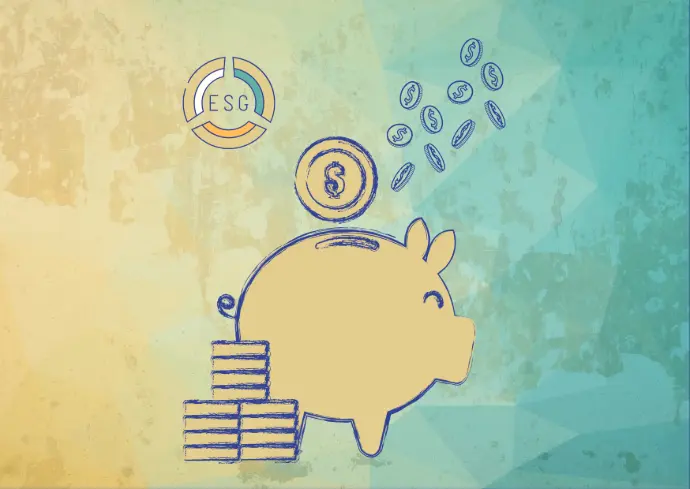
6. Can an ESG commitment help me secure public contracts or receive financial support?
Yes, and what's more, ESG will eventually become a sine qua non. Guided by the government's ‘shifting economy’ strategy - which sets the course for a carbon-free economy by 2050 - Secretary of State for the Brussels Region Barbara Trachte insists on the need for everyone to get involved. From 2024, she promises, the Region will increase aid to companies that commit to an ESG approach. By 2030, it will stop supporting those that do not. The public tools available will be reoriented, whether in terms of loans and capital investments (finance&invest.brussels), procurement processes, various forms of support (Hub Brussels), accommodation (Citydev and the Port of Brussels) or innovation (Innoviris). The authorities will use public and private labelling and ESG reporting to identify exemplary companies, which will then be able to benefit from public aid. Similarly, in all public procurement contracts, demonstrating that ESG practices have been adopted will undoubtedly be one of the key criteria in order to be granted contracts in the years to come.
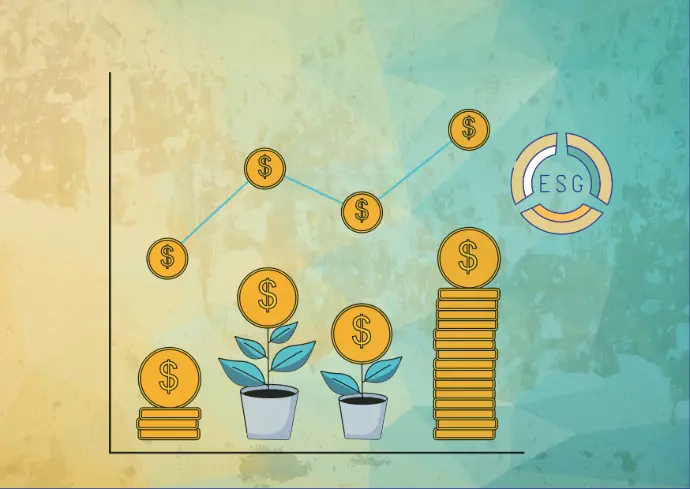
7. Could ESG affect my financing?
Eventually, yes. The last few months have seen the implementation of new rules resulting from the European MiFID and IDD directives. These require banks, insurance companies and fund managers to communicate more clearly about the sustainability of their financial products, and therefore also the companies in which they invest. Private equity funds are becoming increasingly involved in ESG, also because their clients are asking them to do so. As a result, they are profoundly changing their relationship with the companies in which they invest, by embedding ESG priorities, as Jessica Peters, ESG Manager of the Argos Wityu fund, explains. Pre-acquisition assessment of specific ESG risks and opportunities, ongoing ESG support and monitoring (including the requirement to calculate its CO2 footprint annually and pursue a reduction plan) are now part of the tools used by investment funds to ensure that their portfolio companies meet the new sustainability requirements.

8. How do you carry out an ESG process?
It's a long-term effort involving several steps, as Isabel Derison, Partner at Grant Thornton, explains. You need to start by making all your teams aware of what is at stake, and then set up a system of governance. In other words, designate the people who are responsible and the people or structures that will monitor it. Next, you need to draw up a chart of the parties concerned (customers, suppliers, investors, authorities, etc.) and initiate a dialogue with them to bring your plans into coherence with their expectations and find out more about their own environmental externalities and policies. The fruit of all this will lead you to a key moment in the process: the materiality assessment. Here, you will identify the ESG aspects that can have a significant impact on your company, its activities and its ability to create financial and non-financial value for itself. This could be, for example, your or your suppliers' vulnerability to climate change. Your analysis should however also include the effect of your own activities on your environment. In the fourth and fifth stages, you will need to define objectives, an action plan to achieve them and a strategy for implementing them in your current processes. Finally, you will need to define KPIs, tools for measuring your performance (e.g. the percentage of men/women in your workforce), carry out regular reporting and obtain certification.
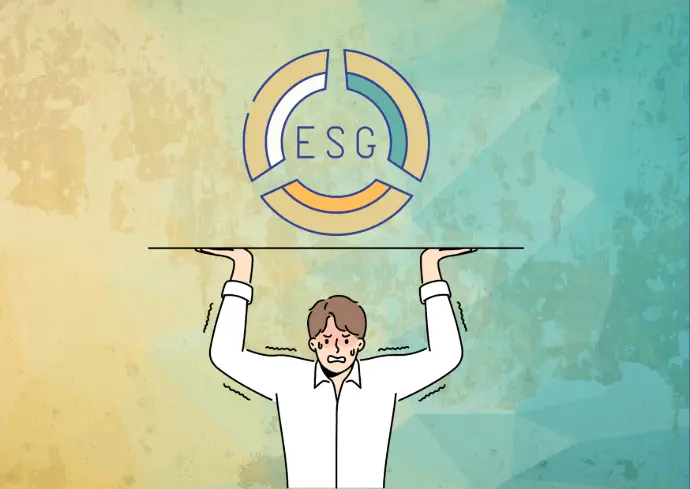
9. Isn't all this too complicated for an SME? Who can help me?
The crucial point here is materiality. In the reporting of large companies, we have sometimes seen an overabundance of good environmental practices, employee statistics and civic initiatives, which can often ‘cloud the issue’ and amount to greenwashing. A good materiality matrix clearly identifies the areas where your activity has a real impact on the environment and the extent to which your company is itself exposed to it. It will enable you to focus your efforts, resources and reporting. In many service companies, for example, these will initially be focused on the energy consumption of offices or company vehicles. The European Commission has asked the European Financial Reporting Advisory Group (EFRAG) to draw up an initial series of ESG reporting standards. These should set ‘benchmarks’ above which a company should consider its impact - or exposure - to be material.
There are also a large number of players who can help you in your efforts. In Brussels, companies such as Tappio, CO2 Logic, Ecovadis and Greenfish can help you determine and then reduce your carbon footprint. Basic CO2 emission calculators are made available - sometimes free of charge - by consultants. Experts in analysis, reporting and certification, the major audit firms have also developed their CSR consultancy business. On the public authorities' side, the Region's objective is to enable all Brussels companies that so wish to become part of the Economic Transition. A scheme, coordinated by hub.brussels, will provide financial assistance, training, networking and technical support.

10. How much time will it take?
In recent years, many companies - particularly the larger ones - have incorporated ESG factors into their strategy and their reporting in line with the expectations of their investors and various stakeholders (customers, employees, etc.), as well as the legal framework. Today, companies are increasingly required to measure their direct and indirect impact on the environment beyond the scope of their own activities, taking into account the entire life cycle of their products and components. They are therefore looking to their customers and suppliers of all sizes to measure and communicate their impact. In the medium term, if you want to become part of a production chain worthy of the name, or keep large companies among your customers, an ESG approach will be essential.
Download the guides by the FEB here (FR):
for SMEs: for large companies:
Watch the REPLAY of the webinar "REPORTING ESG: how to prepare yourself?" here organised by the FEB.
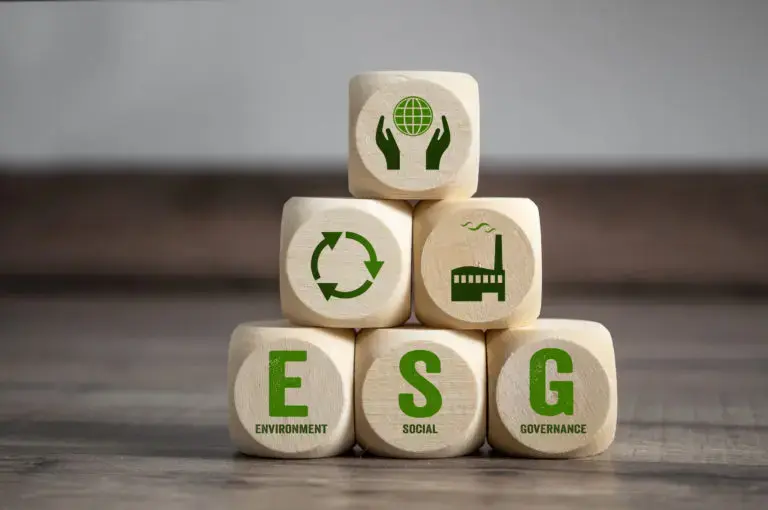

Read our latest articles on the subject:
Reference sites
On one hand, the European Union is driving the ESG transition of the economy.Sustainable corporate governance is becoming the new norm. The EU is issuing new regulations and guidelines to comply with them in order to drive the ecological transition of the economy and achieve the Green Deal : to be the first climate-neutral continent by 2050. This approach is facilitated by the introduction of a classification system for sustainable economic activities, known as the EU Taxonomy In addition,EU labels for ESG benchmarks are presented, to facilitate and standardise the methodology used in ESG reports.
On the other hand, Brussels is responsible for implementing these regulations. This is why support is provided by multiple actors and at multiple levels. Be.brussels provides a clear list of subsidies granted for environmental investments at federal, regional and municipal level. In addition, environnement.brussels offers tailor-made grants to provide financial support for sustainable development projects. Finally, hub.brussels supports sustainable entrepreneurship by guiding the development of economically, socially and environmentally innovative business models.
